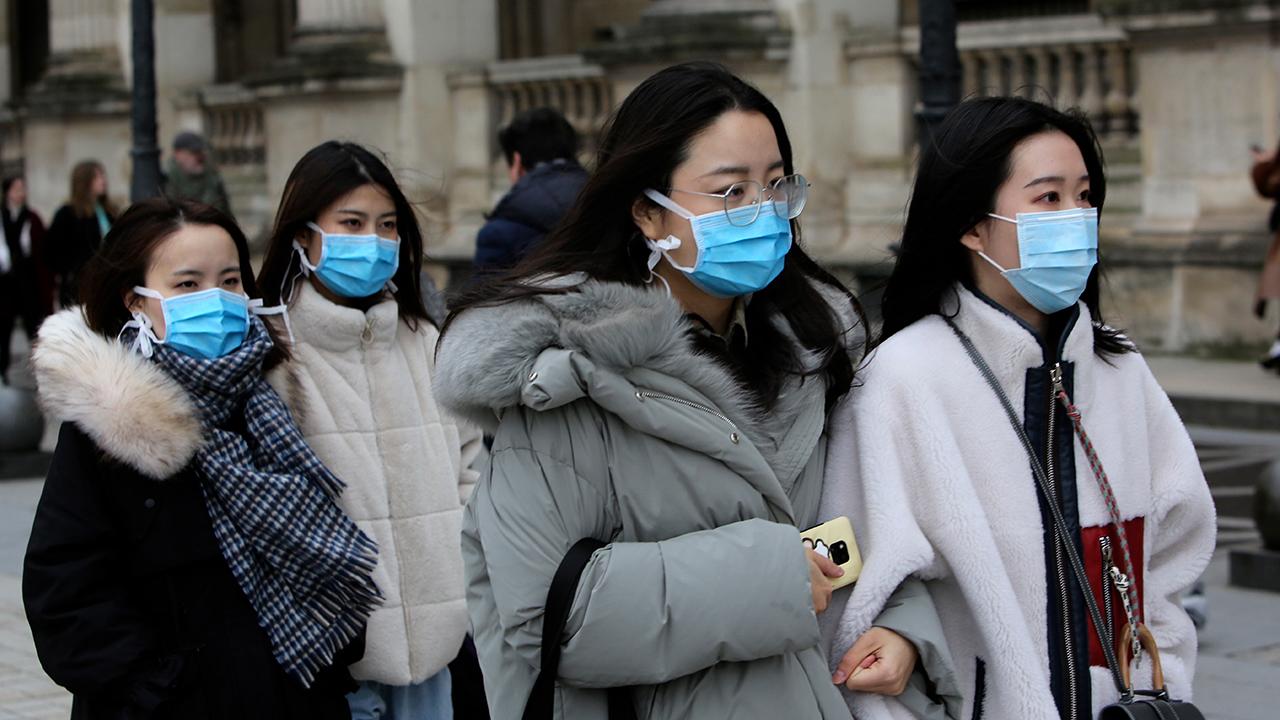House Democrats, White House close to deal on coronavirus aid package
The package would provide free testing and paid emergency leave
House Democrats and Trump administration officials are close to a final agreement on an economic stimulus package to address the growing impact of the coronavirus on American workers and companies.
The package would provide free testing and paid emergency leave, House Speaker Nancy Pelosi said on Thursday evening. She’s expected to bring it to the House floor on Friday.
“Time is of the essence, and this bill must be passed and sent to the Senate,” Pelosi said in a statement. “The House will then get to work on a third emergency response package that will take further effective action that protects the health, economic security and well-being of the American people.”
CORONAVIRUS PUTS PAID SICK LEAVE BENEFITS UNDER SCRUTINY
The legislation comes one week after President Trump signed an $8.3 billion package of emergency funding for prevention efforts and research in hopes of producing a vaccine for the disease, which has infected more than 135,000 across the world and killed 4,977. In the U.S, there are more than 1,700 cases and 40 deaths.
The deal, being forged by Pelosi, D-Calif., and Treasury Secretary Steven Mnuchin, is expected to eliminate insurance co-payments for COVID-19 testing, provide paid emergency leave with both 14 days of paid sick leave and provide billions in funding to state and local governments to expand food programs and unemployment benefits, according to a letter Pelosi sent to colleagues on Thursday night.
Pelosi's spokesperson, Drew Hammil, said in a tweet the duo spoke on Friday morning "briefly by phone." Mnuchin and Pelosi spoke eight times on Thursday, he said.
WHAT COULD A BAILOUT FOR THE CRUISE, HOTEL AND AIRLINE INDUSTRIES LOOK LIKE?
The plan -- which is slimmer than Democrats initially hoped, Pelosi suggested -- also provides additional state Medicaid dollars and resources for food security programs, including the Supplemental Nutrition Assistance Program, or SNAP, student meals, seniors’ nutrition and food banks. The administration also agreed to temporarily end work requirements for SNAP during the coronavirus outbreak, she said.
A proposal from Trump to cut, or eliminate, payroll taxes was not included.
The multibillion-dollar proposal represents Washington’s most aggressive attempt yet to tackle the outbreak, which has forced schools and universities across the country to close, while businesses and state and local governments have sent their employees home. It’s also sent global financial markets into a panic: On Thursday, the S&P 500 and Dow Jones Industrial Average saw their biggest daily drop since the stock market crashed in 1987, on what became to be known as Black Monday. The drop has left the major three indexes firmly in bear market territory.




















